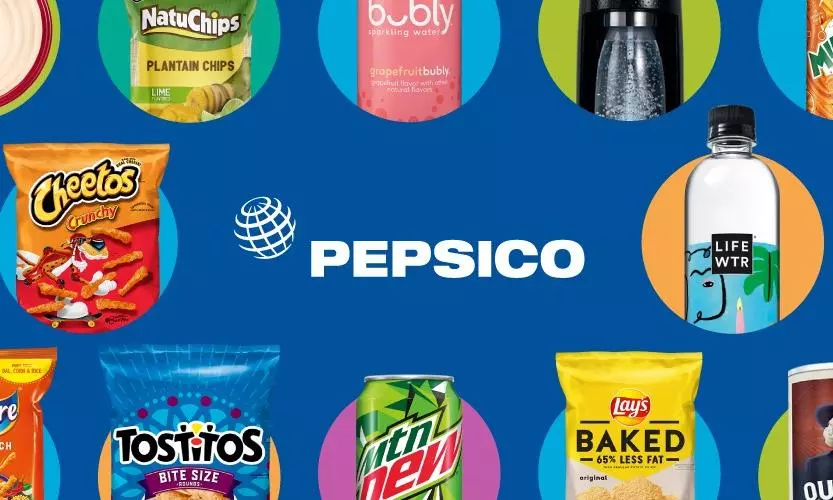PepsiCo India Embraces Healthier Ingredients in Lays Chips
The trials of this oil blend in select products position PepsiCo India as one of the pioneering players in the Indian food industry to adopt such a measure.

PepsiCo India has embarked on trials to substitute palm oil and palmolein with a blend of sunflower oil and palmolein in Lay's chips.This strategic move comes in response to mounting criticism regarding the use of cheaper, albeit less healthy, ingredients in packaged foods across India. Palmolein, a liquid fraction derived from refining palm oil, is sourced from the oil palm fruit, with palm oil itself being semi-solid.
In response to this PepsiCo India spokesperson said, "PepsiCo India initiated trials of a blend of Sunflower Oil and Palmolein Oil in certain parts of our portfolio last year, becoming one of the few players in the food industry in India to do so."
The trials of this oil blend in select products position PepsiCo India as one of the pioneering players in the Indian food industry to adopt such a measure. Moreover, the Indian arm of the company is committed to reducing the salt content in its snacks to below 1.3 mg of sodium per calorie by the year 2025.
Criticism has been levied against multinational packaged food companies for employing cheaper or less nutritious ingredients in developing countries compared to their practices in the US and Europe. Nestle India, for instance, recently announced plans to introduce a no-added-sugar variant of its infant food Cerelac following backlash over elevated sugar levels in Asia and Africa.
A report by Public Eye and the International Baby Food Action Network underscored this dichotomy, revealing significantly lower sugar content in Nestle's infant foods in developed markets compared to countries like India.
PepsiCo India spokesperson said, "PepsiCo is dedicated to producing high-quality, great-tasting products in every market where we operate. There are often different recipes for foods or drinks in different countries, which is attributed to several factors such as local preferences, manufacturing capabilities, ingredient availability and market dynamics. Ingredients are listed on every product we sell in India, allowing consumers to make conscious decisions about their purchases."
In understanding the disparity between palm oil and palmolein, it's essential to note that while both are derived from the oil palm fruit, they possess distinct properties. Palm oil, extracted from the fruit's flesh, is semi-solid due to its high saturation of saturated fats.
Palmolein, however, is a liquid form of palm oil obtained through further processing, remaining in liquid state at room temperature following fractionation to isolate the liquid (olein) from the solid (stearin) components.
PepsiCo is dedicated to producing high-quality, great-tasting products in every market where we operate. There are often different recipes for foods or drinks in different countries, which is attributed to several factors such as local preferences, manufacturing capabilities, ingredient availability and market dynamics. Ingredients are listed on every product we sell in India, allowing consumers to make conscious decisions about their purchases.

